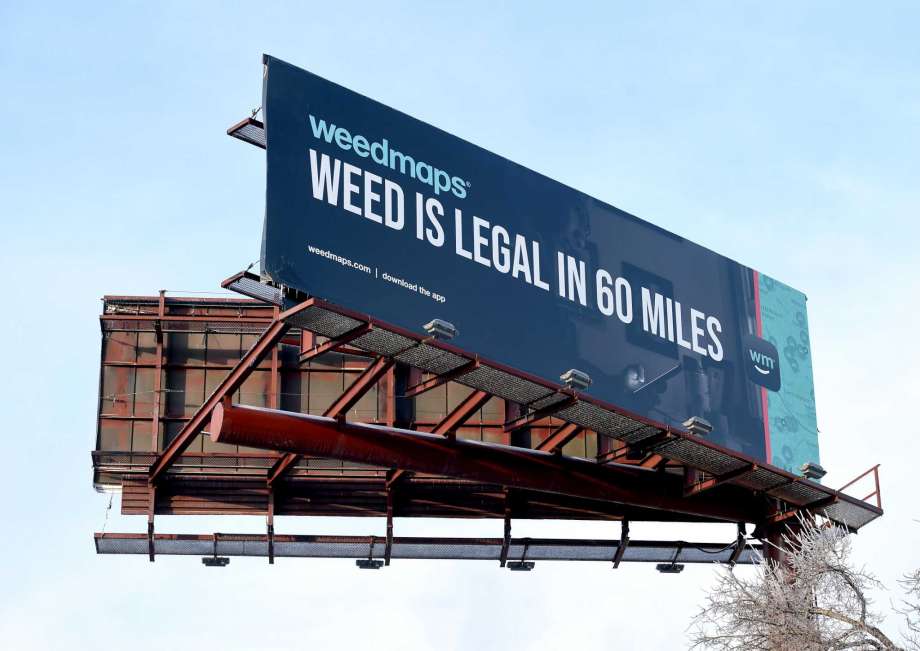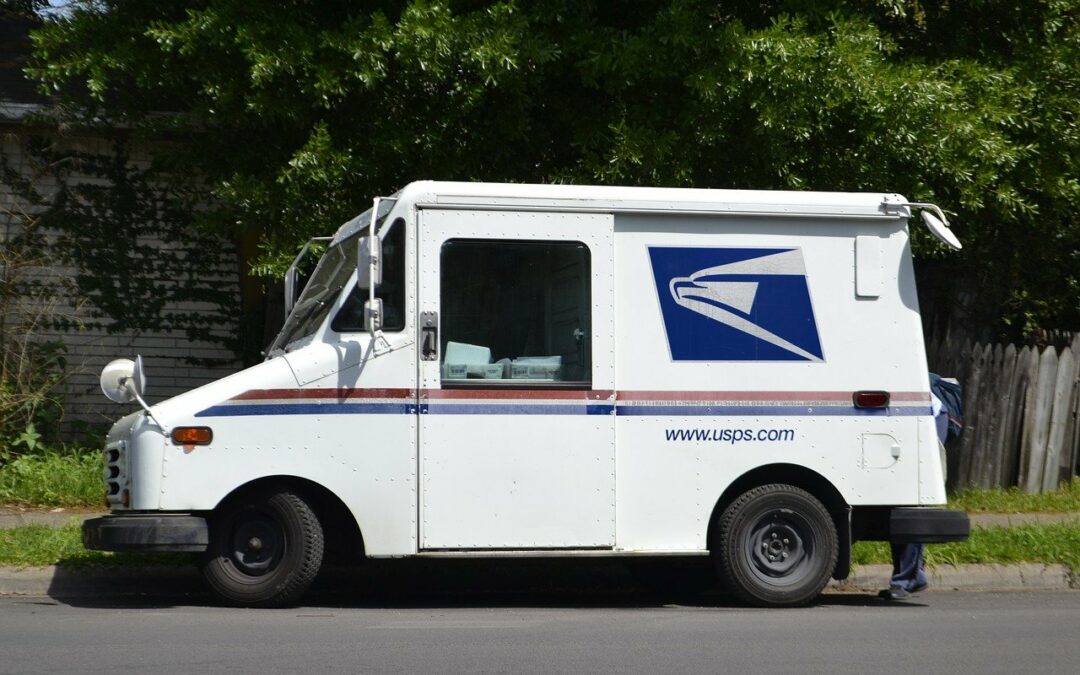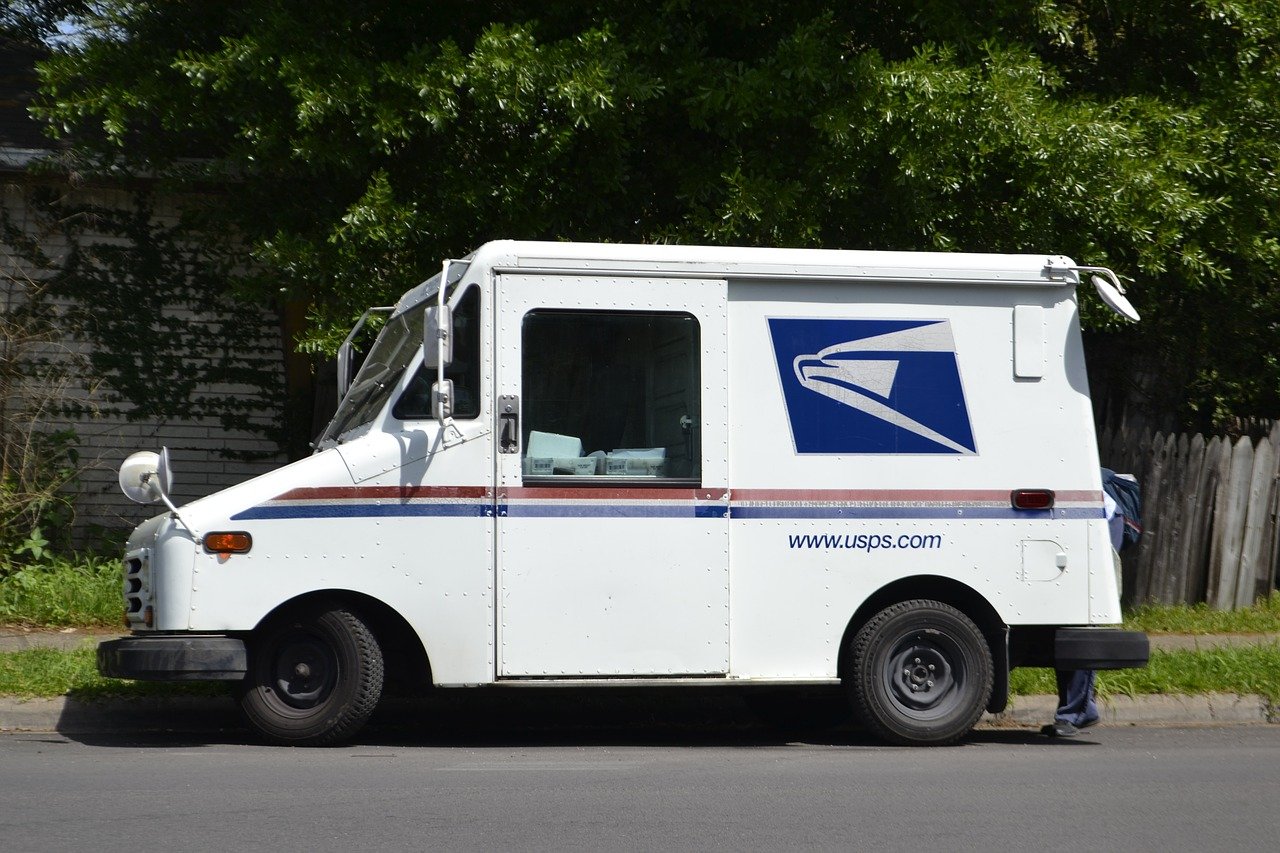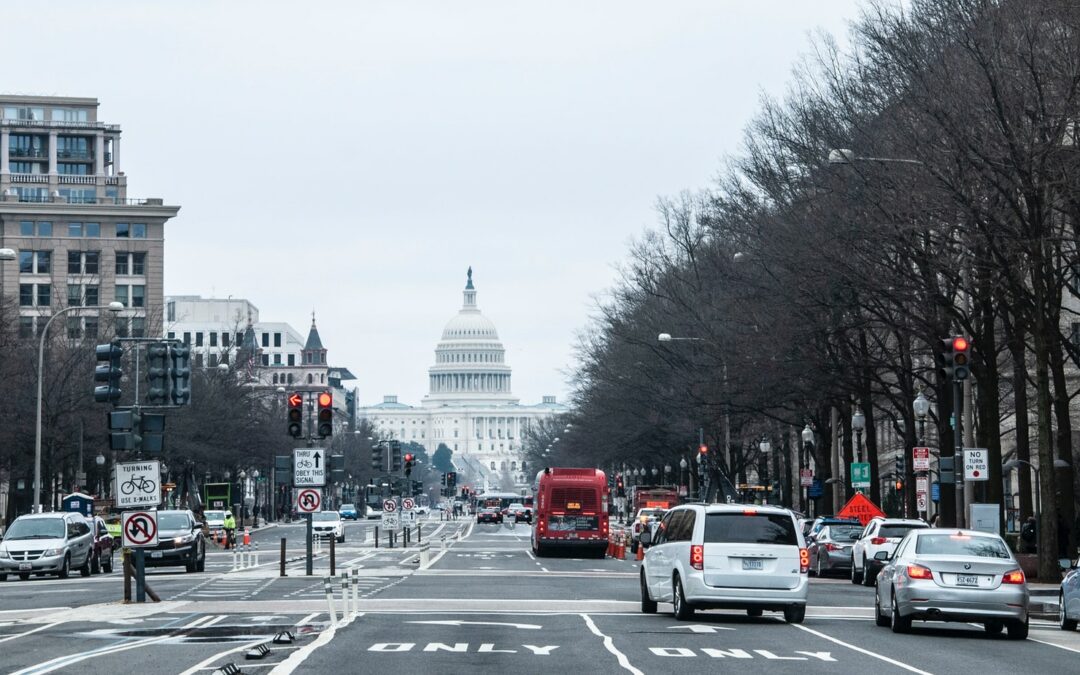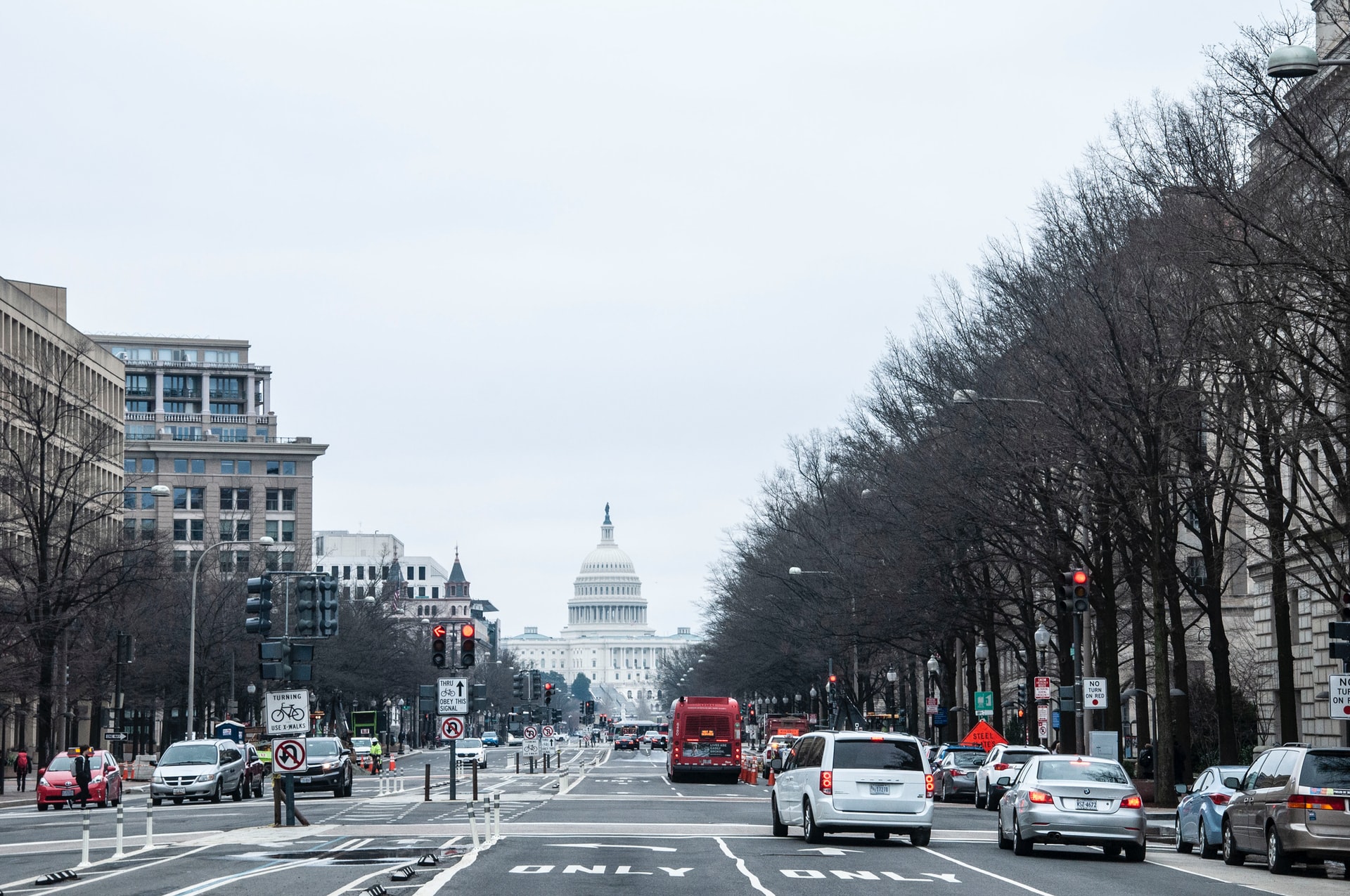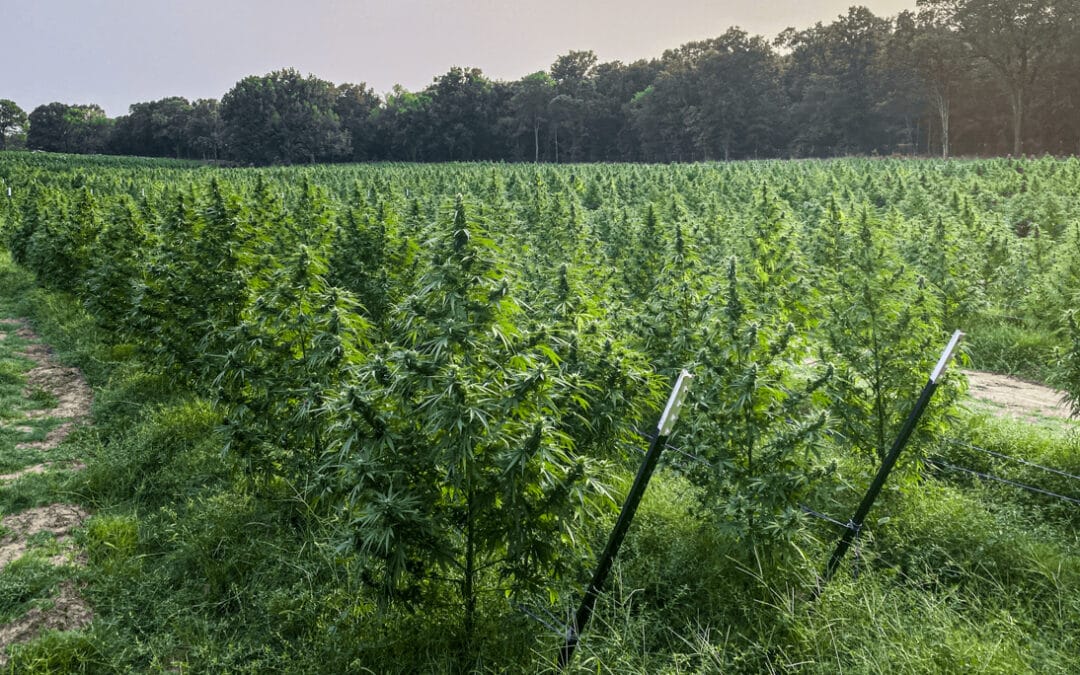
Cannabis Is America’s New Cash Crop, More Profitable Than Cotton Or Rice
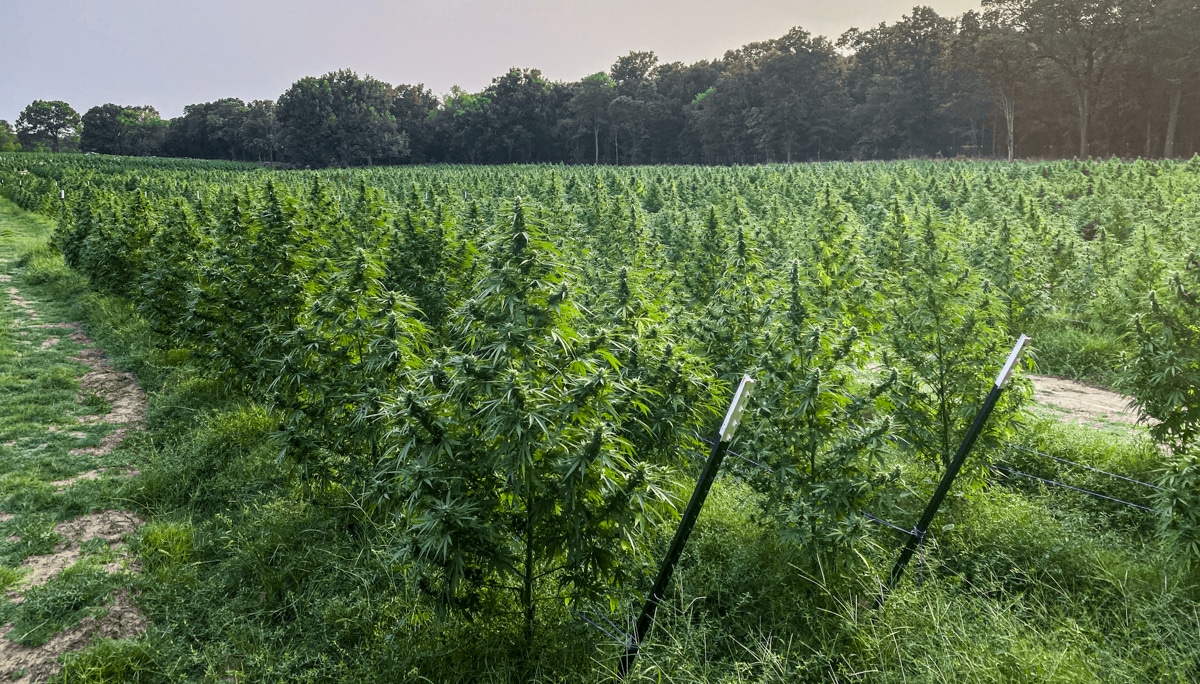
Cannabis marketplace Leafly Holdings, Inc. released its inaugural Cannabis Harvest Report on Wednesday revealing that cannabis is America’s 5th most valuable crop. The report takes the first look at cannabis data, insights and projections across the 11 states where Americans can currently purchase both adult-use and medical cannabis.
To conduct the analysis, Leafly’s investigative team teamed up with Whitney Economics and ended up discovering that cannabis has become a major agricultural commodity that supports thousands of American farmers and farm communities.
Based on the report, cannabis crops in adult-use states now support 13,042 licensed farms in the aggregate. On an annual basis, those growers harvest 2,278 metric tons (5,022,990 pounds) of cannabis. To give you a better idea: that’s enough weed to roll more than two billion joints or fill 57 Olympic-size swimming pools
Cannabis Is More Valuable Than Cotton, Rice And Peanuts
That amount makes cannabis the fifth most valuable crop in the United States. With a wholesale harvest value of $6.2 billion, America’s cannabis harvest ranks above cotton and below wheat, based on US Department of Agriculture data for 2020. Only corn, soybeans, hay and wheat bring in more money to American farmers.
Based on wholesale harvest value, this is how U.S. crops rate:
- Corn $61 billion
- Soybeans $46 billion
- Hay $17.3 billion
- Wheat $9.3 billion
- Cannabis $6.2 billion
- Cotton $4.7 billion
- Rice $3.1 billion
- Peanuts $1.3 billion
“America’s adult-use wholesale cannabis crop returned a mind-boggling $6.175 billion to farmers last year, ranking it as the 5th most valuable crop in the United States,” David Downs, the report’s lead author and Leafly’s California bureau chief stated. “ Yet, due to federal prohibition, America does not treat cannabis farmers like farmers. They are subject to more state and federal taxes, regulations, and stigma than any other type of farmer. These barriers hurt small legacy farmers the most. This plant is helping generate wealth, employment, and community investment around the country, and our legislators need to recognize the opportunity cannabis presents for Americans—today.”
The report also revealed that legal cannabis is the single most valuable agricultural crop in Alaska, Colorado, Massachusetts, Nevada and Oregon, but remains completely uncounted and ignored by state agriculture officials. In Alaska alone, the state’s cannabis crop is worth more than twice as much as all other agricultural products combined.



